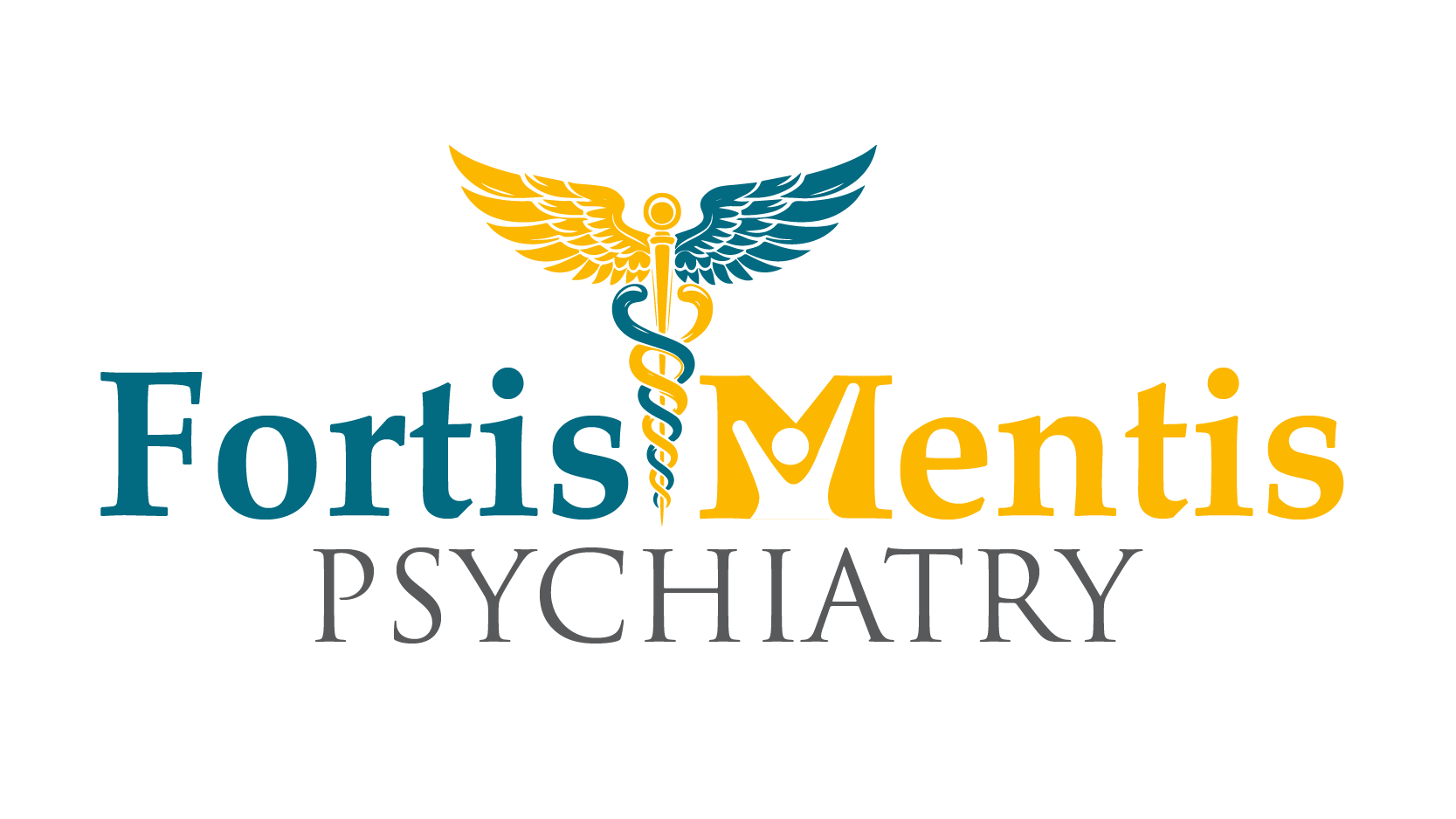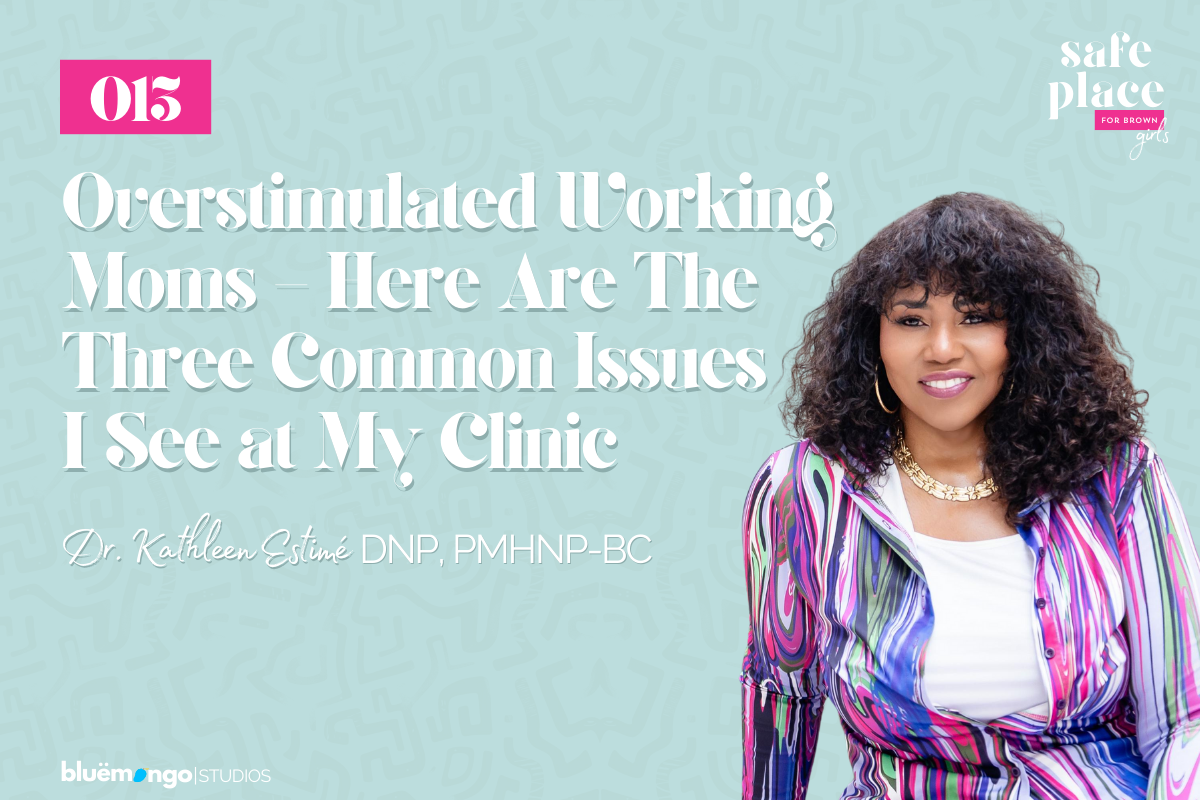I’ve noticed a clear pattern in my practice: many of my patients—especially overstimulated working moms—are dealing with the same three mental health issues. Today, I’m going to pull back the curtain on these common struggles and explain why they’re so widespread.
Shownotes
What Are the Three Common Mental Health Issues?
- These are the three common mental health issues I find:
- Anxiety Disorder
- Depression/ Major Depressive Disorder
- Trauma-related Disorders, including PTSD
- You may be experiencing these mental health disorders and not realize it. I know when I was first going to school, I didn’t realize I was suffering from depression. This is why I’m so passionate about helping others who may be facing the same hidden problem.
Anxiety Disorder
- Studies show that 1 in 2 black women experience anxiety but never receive help. So many women are dealing with consistent worrying and intrusive thoughts that keep them from living a stress-free life.
- Why it happens: Being a part of the sandwich generation (those focusing on kids and aging parents) often deals with chronic stress, past trauma, or long-term effects of always being the dependable one.
Major Depressive Disorder
- Depression affects how you think, sleep, and function. It’s way more common than you think it is, especially among women of color.
- 60% of black women report symptoms of depression, but only 12% receive consistent support.
- On a day-to-day basis, it often shows up as feeling drained after a full night of rest, loss of interest in once enjoyable activities, and irritability.
Trauma-Related Disorders and PTSD
- This disorder often develops from deeply stressful life experiences such as childhood trauma, sexual assault, and abusive relationships.
- It often shows up as random, intense flashbacks, emotional numbness, always on the edge, and avoidance of places or people who bring up the painful memory.
- PTSD may even make it difficult to trust your current partner and build a healthier relationship with them.
“Depression thrives in silence. Too many of us don’t talk about it because we’ve been told to be strong. But silence doesn’t protect you; speaking up does.” – Dr. Kathleen Estimé DNP, PMHNP-BC.
Book a session with me.
Whether it’s anxiety, depression, trauma, or just not feeling yourself – let’s talk. Go to FortisMentisPsychiatry.com/help to schedule an appointment.
Resources
Don’t forget to connect with me on these platforms: Facebook, X, Instagram, and TikTok.
Fortis Mentis Psychiatry
Our Services | Fortis Mentis Psychiatry
Explore our comprehensive services at Fortis Mentris Psychiatry, providing personalized online mental health solutions for all ages.

